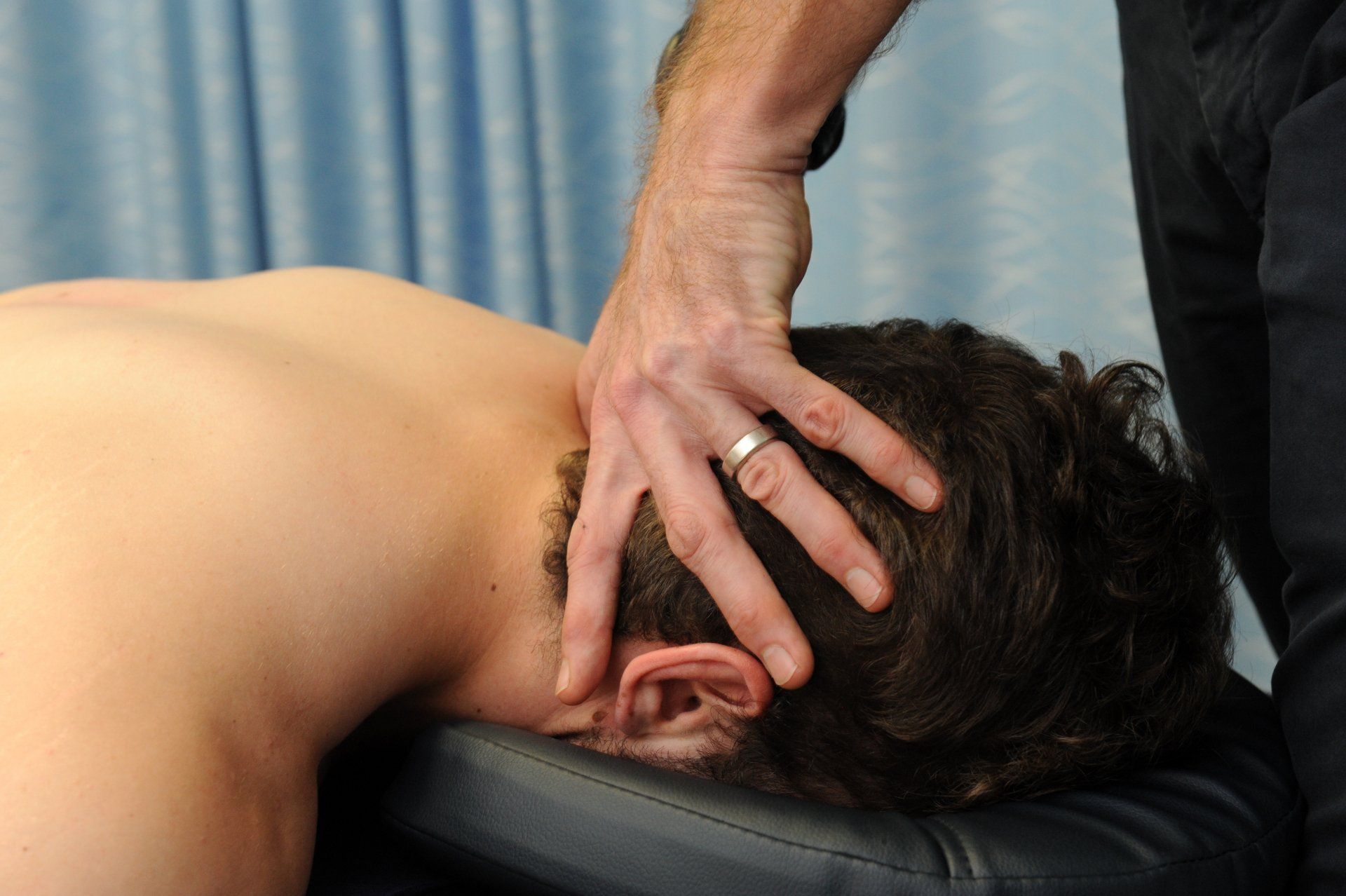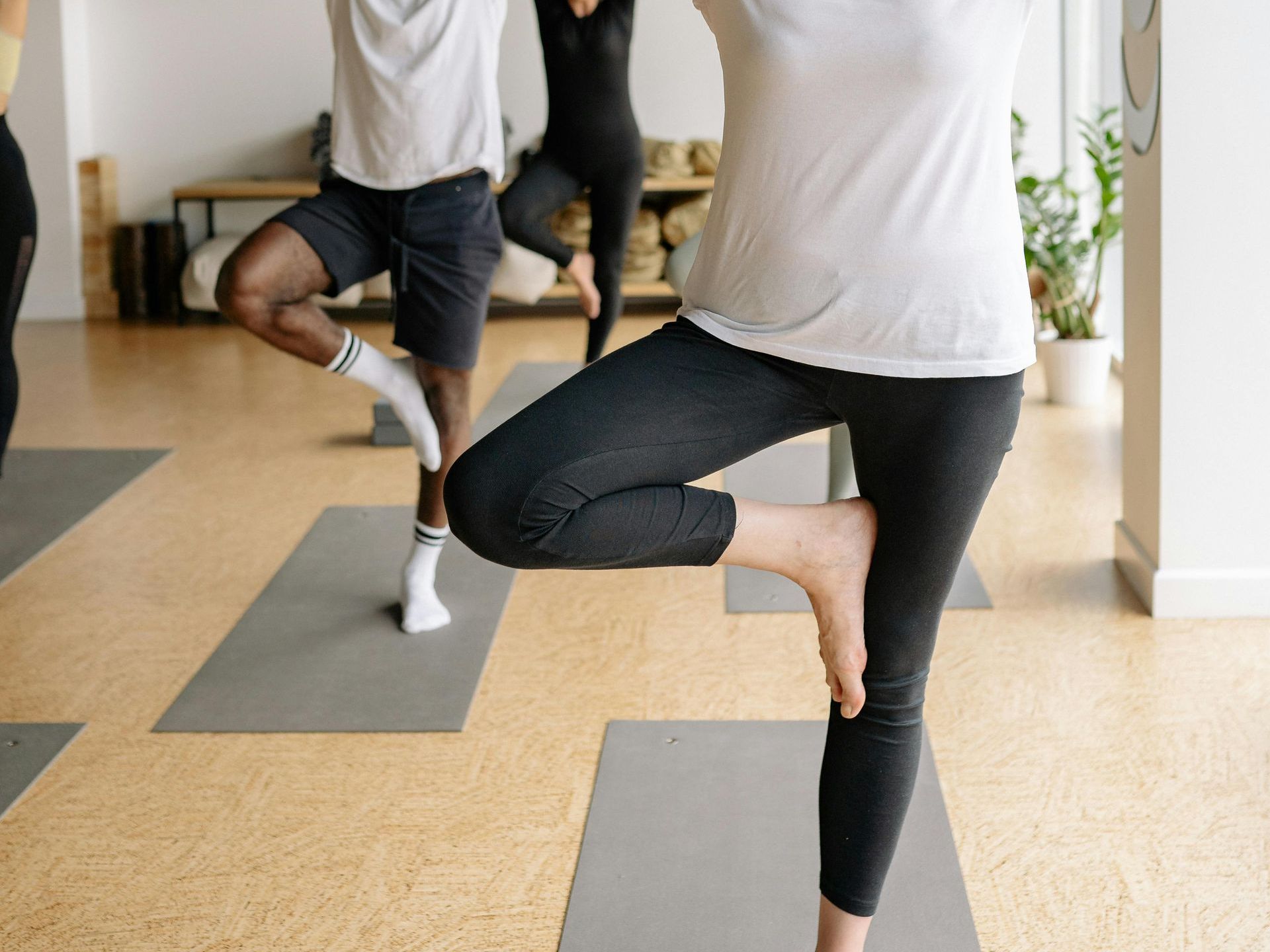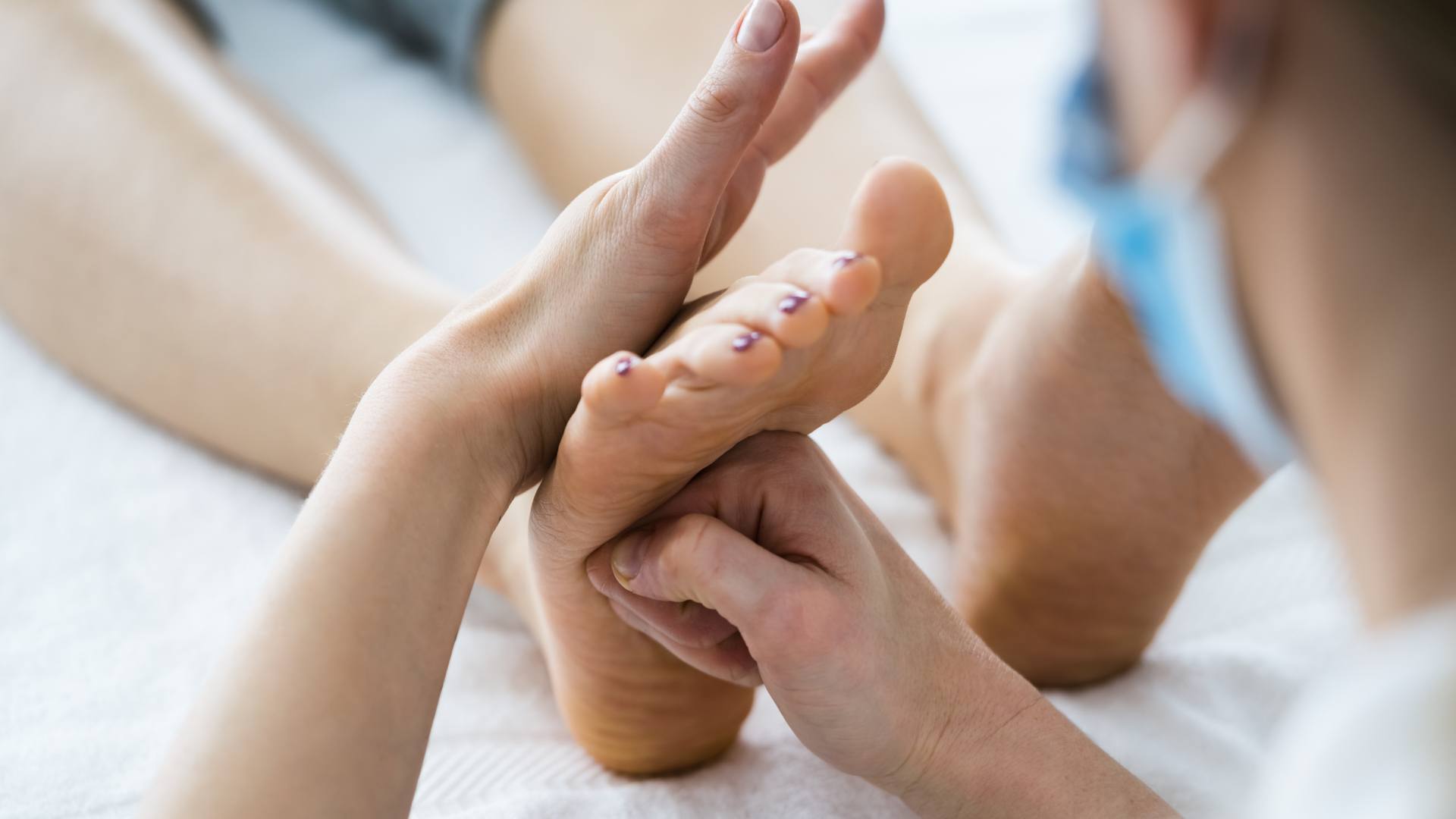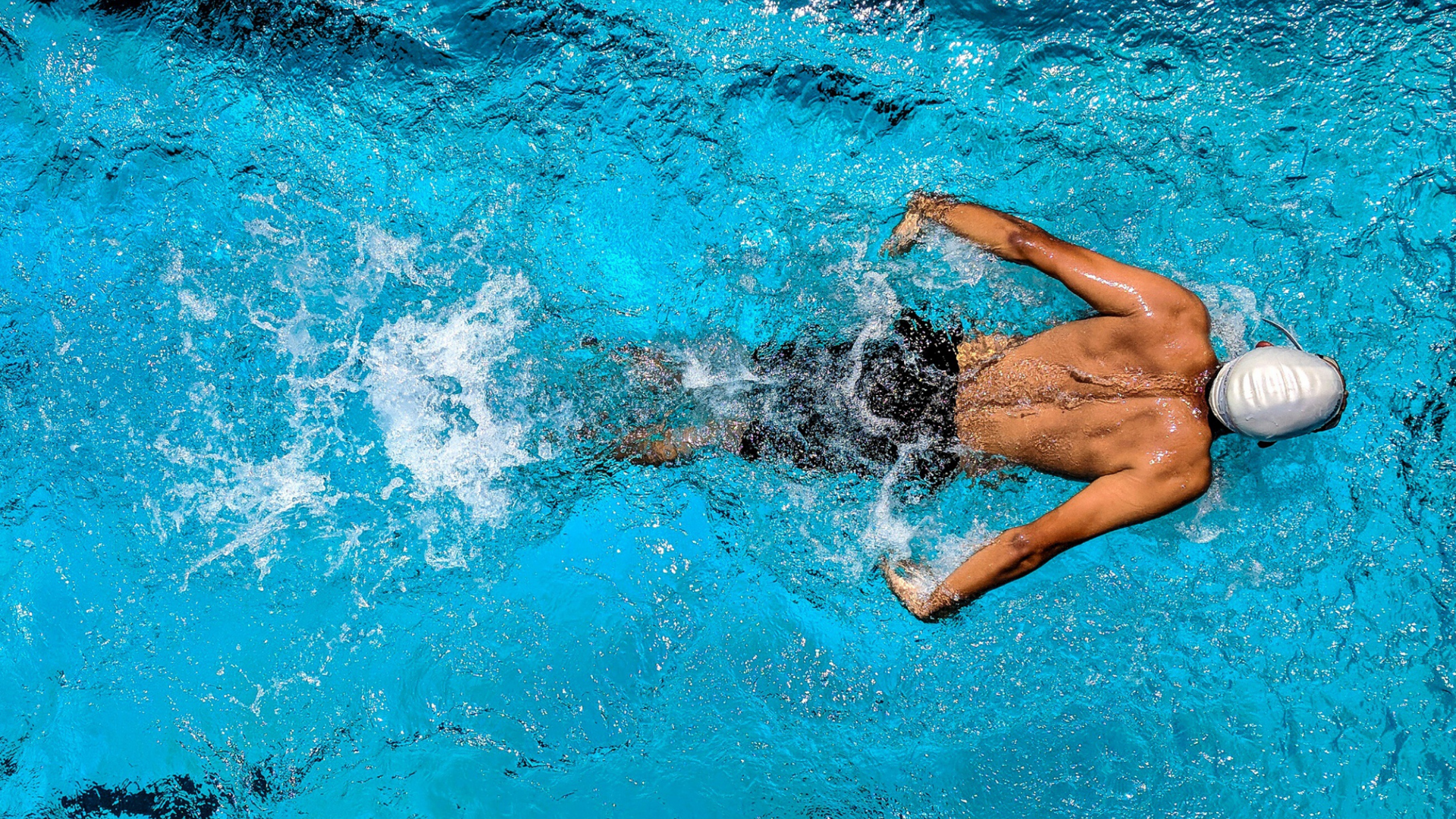NDIS - Why hydrotherapy can be the perfect addition to your plan
Exercise, relax and play - all in one hydrotherapy session
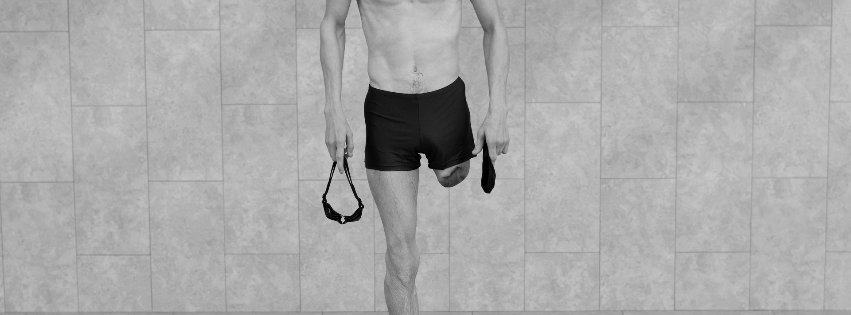
The NDIS can be overwhelming. With so many providers offering so many services, where do you start? We’re unpacking this for you, using a treatment focus approach that highlights some of the benefits of different types of services that physiotherapists provide to people on the NDIS.
Hydrotherapy
Hydrotherapy is a form of physical therapy that utilises heat, buoyancy, and water to treat and manage a variety of conditions. In the NDIS setting, this might include cerebral palsy, autism, ADHD, growth disorders, amputees, and genetic disorders.
Using the physical properties of water, sessions are tailored to be patient-centred and goal oriented and can improve your strength, flexibility, joint health, balance, reflexes, and mood. Sounds like a good place to start!
Graded Loading
One huge advantage of hydrotherapy for people on the NDIS is the ability to modify the amount of load going through a joint. From floating on top of the water, to standing in shoulder depth water, the load going through a body part can be anywhere from 10% to 90% of bodyweight. As an example, consider an adolescent male with cerebral palsy who has fractured his foot. In the pool, the buoyancy of the water takes a percentage of the body weight – the deeper the water, the greater the load off the foot. Using this simple principal, we can get the person walking again, practicing a normal walking pattern, developing strength in walking muscles, and gradually gaining confidence as the injury continues to heal.
Strength and Conditioning
Water provides excellent resistance to allow the development of strength. The force required to ‘shift’ the water when we move provides resistance that can be manipulated to improve joint range of motion and develop muscle strength. By modifying how fast or what direction we move the body part, or by changing the amount of resistance there is, the exercise can be adapted to meet the goals of the client. Going back to our cerebral palsy client, adding small floats to the ankle while walking will make certain muscle groups work harder and challenge his core stability. Supporting him in a freestyle swim position and getting him to kick will strengthen thigh muscles and aid ankle range of motion.
For more information on Strength and Conditioning programs for NDIS clients, click here.
Balance and Coordination
Have you ever stood in the water at the beach while a wave crashed into your legs? Or tried to stand in water that is moving fast? Turbulent water can really challenge our balance. In the hydrotherapy setting, skilled physiotherapists can produce a variety of turbulence to challenge balance. In the case of a fractured ankle where the person may have been non-weightbearing, regaining balance and coordination will be a crucial rehabilitation goal to ensure full recovery and reduce the risk of future injuries.
Relaxation and Pain Relief
In a hydrotherapy pool, the water is maintained at a temperature of between 33oC and 35oC. Not only is it a pleasant environment for NDIS clients to exercise in this temperature aids the release of natural endorphins, allowing tight muscles to relax and in many cases reduce pain. Pool sessions can alternate from exercise to relaxation and back again, reducing stress and anxiety and improving physical and mental health outcomes from hydrotherapy sessions.
Work and Play
When working with kids on the NDIS, there is often no better way to get them engaged and moving than water play. Targeted play can be heaps of fun for the client, young and old, and produce fantastic results. Back to our adolescent boy with a foot fracture. Ball games that encourage him to push off his toes, bounce side to side, change direction and explode out of the water will equate to improved strength (both power and endurance strength), flexibility, balance, agility, and coordination. Managed in short bursts of high intensity or longer stretches of easy play the physiotherapist can control the cumulative load and produce excellent client centred outcomes.
Confidence and Progression
Humans are not fish, so hydrotherapy needs to be able to translate to the land.
And it does.
From improved transfers between chairs, improved walking tolerance, participating in shopping trips, to cooking at home, hydrotherapy can help people on the NDIS achieve their own personal goals and strive for more.
Do you want to get more out of your NDIS funding?
Then give us a call.
Movement for Life Physiotherapy are the only QIP Accredited Physiotherapy services in the Northern Territory and an approved NDIS provider. We offer a broad range of services in addition to hydrotherapy, including manual therapy, massage, strength and conditioning, clinical pilates and functional rehabilitation, all delivered by a highly skilled team.

